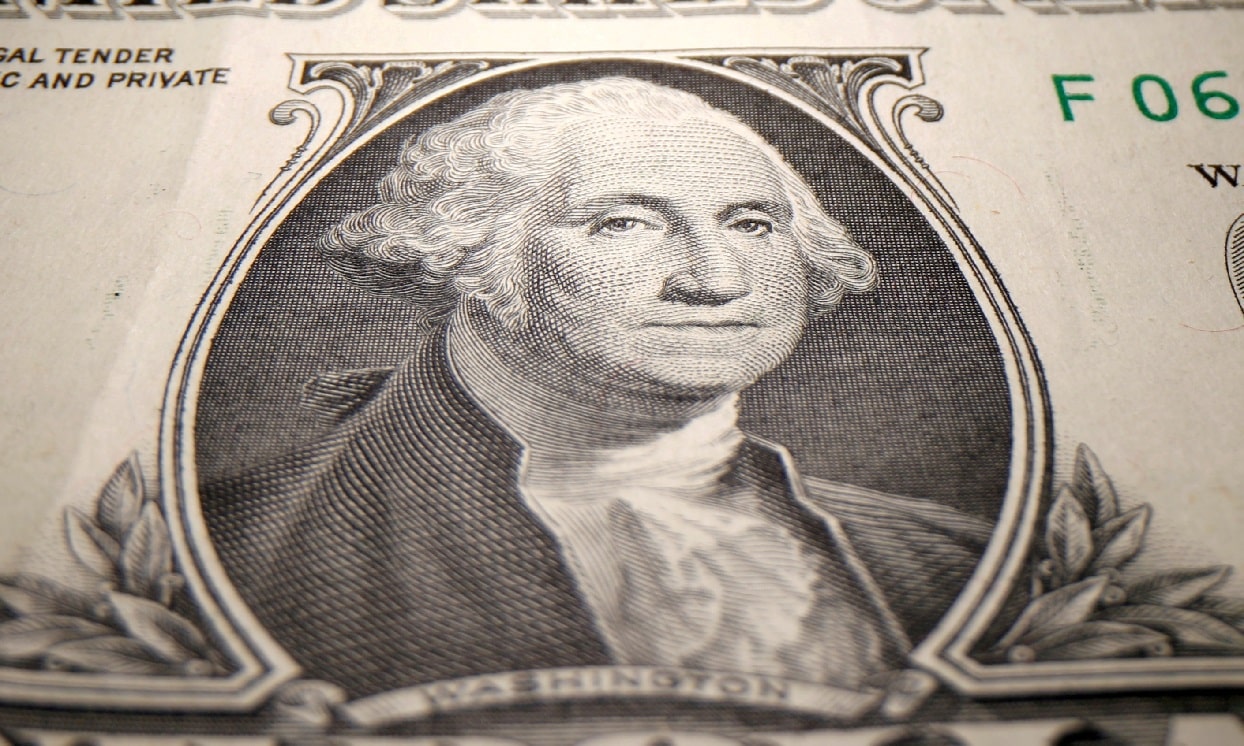A sound piece of policy advice is that when you find yourself in a hole you should stop digging. Judging by today’s Federal Reserve policy decision, it would seem that the Fed does not subscribe to that advice. Despite the fact that it seems to have dug itself two policy holes, the Fed seems intent to continue digging, albeit at a somewhat slower pace than before.
Over the past year, the one policy hole that the Fed has dug for itself through its ultra-easy monetary policy has been that of inflation. Whereas at the start of this year the Fed had anticipated that inflation in 2021 would be slightly below its 2 percent inflation target, it now concedes that inflation is likely to be almost 4 percent. More troubling yet is that household and financial market inflation expectations are clearly on the rise and well exceed the Fed’s long-run inflation target.
Despite having failed to anticipate the recent unwelcome acceleration in inflation, the Fed continues to assure us that this inflation will prove to be but a transitory phenomenon. In the Fed’s view, supply-side problems have been the main driver of inflation and that once the Covid pandemic recedes, the global supply chain issues will soon be resolved and unemployed workers will return to work.
In ascribing today’s inflation pressures largely to supply-side factors beyond its control, the Fed absolves itself from any responsibility for having excessively stoked aggregate demand. In particular, it takes no responsibility for pursuing an ultra-easy monetary policy at a time that the US economy was receiving its largest peacetime budget stimulus on record and at a time that the economic recovery was well underway.
In believing that the supply side problems will soon resolve themselves, the Fed seems to be turning a deaf ear to a chorus of industrialists who are warning that the semiconductor and shipping problems will remain with us well into next year. It also seems to be ignoring generalized complaints of labor shortages across a whole variety of industries and skyrocketing house price increases.
A second hole that the Fed has dug for itself by its highly unorthodox monetary policy is that of excessive asset price and credit market inflation both at home and abroad. Since the start of the pandemic, the Fed has now bought a staggering $5 trillion in US Treasury bonds and mortgage-backed securities. That in turn has led to a situation where today’s US equity valuations are at their highest level in the past one hundred years. It has also led to a situation where US housing prices are higher today in inflation-adjusted terms than they were immediately preceding the 2006 US housing and credit market bust. How quickly the Fed seems to have forgotten how economically painful the bursting of asset price bubbles tend to be.
To be sure, the Fed has now announced that it will soon start tapering its bond-buying program by $15 billion a month with a view to ending that program by the middle of next year. However, it bears emphasizing that between now and the middle of next year, the Fed would have bought yet a further $540 billion in bonds that will have added yet more liquidity to the markets. It also bears emphasizing, that the Fed has no intention to start raising interest rates until it has ended its bond-buying program.
All of this means that over the next six months, the Fed will maintain a highly expansionary monetary policy stance. Despite inflation remaining above its target and despite substantial froth in the US equity and housing markets, the Fed will be maintaining interest rates that will be significantly negative in inflation-adjusted terms. In addition, it will continue to add to market liquidity by its bond-buying program.
One has to hope that the main reason for the Fed’s reluctance to normalize its monetary policy anytime soon has been related to President Biden’s delay in announcing who will lead the Fed when Jerome Powell’s current term ends in February. Maybe once the Powell renomination issue is out of the way, we can hope that the Fed will stop digging itself into an ever-deeper inflation and asset price hole by keeping monetary policy too loose.
Desmond Lachman is a senior fellow at the American Enterprise Institute. He was formerly a deputy director in the International Monetary Fund’s Policy Development and Review Department and the chief emerging market economic strategist at Salomon Smith Barney.

